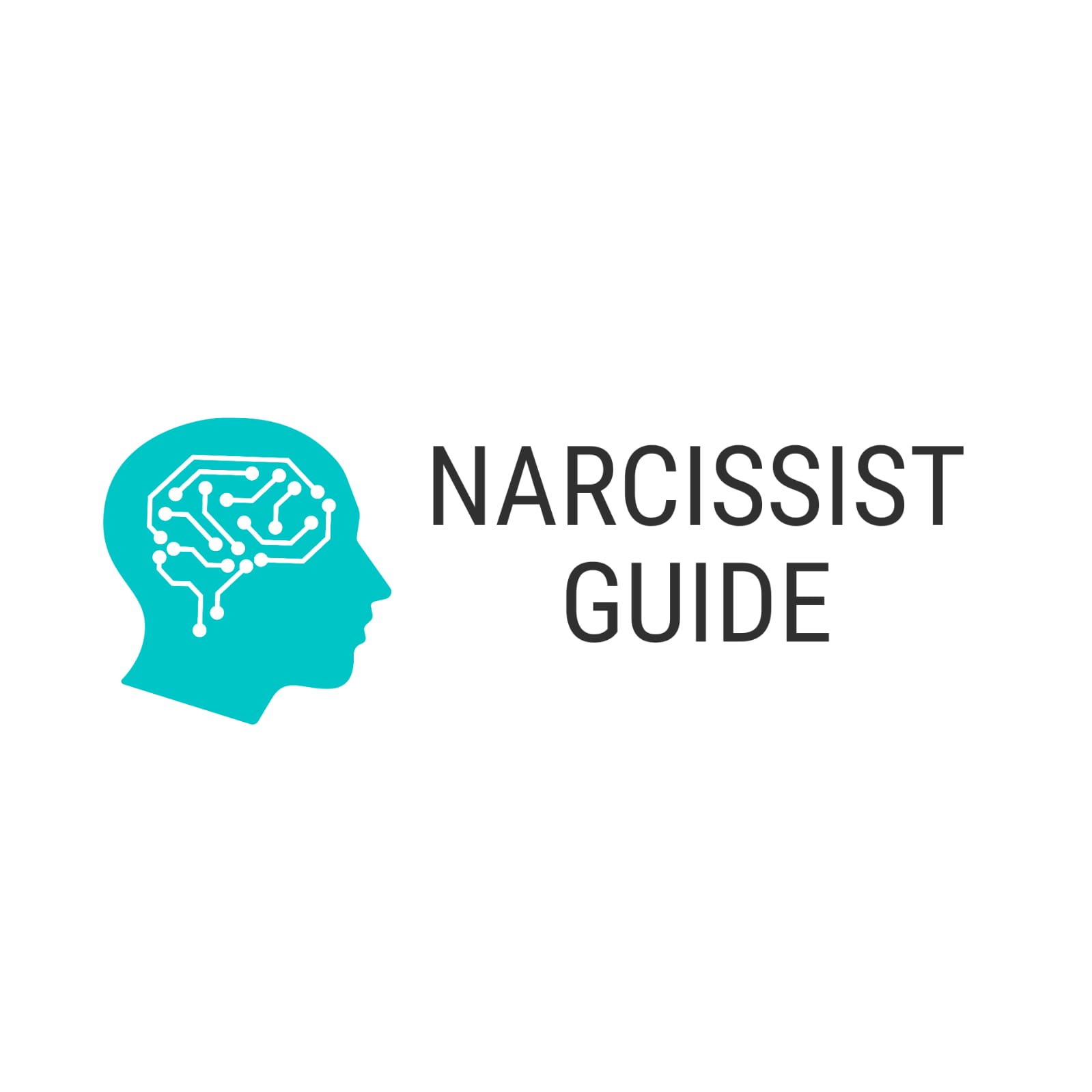The 4 Recognizing Signs Covert Narcissist Mother
Navigating family dynamics can be challenging, especially when dealing with a covert narcissist mother.
These mothers exhibit traits that can be confusing and damaging, often impacting their children’s emotional health.
This article explores the characteristics, effects, and coping strategies associated with having a covert narcissistic mother.

What is a Covert Narcissist Mother?
A covert narcissist mother is someone who possesses narcissistic traits but expresses them subtly, making her behavior less overt than that of a classic narcissist.
Unlike their more grandiose counterparts, covert narcissists often come off as shy, reserved, or vulnerable.
This facade can make it difficult for others to recognize their manipulative and self-centered behaviors.
Key Characteristics of a Covert Narcissist Mother
- Victim Mentality: Covert narcissist mothers often see themselves as perpetual victims, seeking sympathy from others while deflecting responsibility for their actions.
- Passive-Aggressive Behavior: Instead of confronting issues directly, they may express their anger or dissatisfaction through passive-aggressive comments or actions.
- Manipulation and Guilt: These mothers may use guilt to manipulate their children, making them feel responsible for their emotional well-being.
- Inconsistent Praise and Criticism: Children of covert narcissists may experience fluctuating levels of affection, leading to confusion and self-doubt.
The Effects of Growing Up with a Covert Narcissist Mother
Having a covert narcissist mother can profoundly affect a child’s self-esteem, emotional health, and interpersonal relationships. Here are some common effects:
1. Low Self-Esteem
Children raised by covert narcissistic mothers often struggle with self-worth. The inconsistency in validation can lead them to doubt their abilities and worthiness.
2. Difficulty Setting Boundaries
Due to a lack of healthy boundary-setting in their upbringing, these individuals may struggle to assert themselves in adult relationships.
3. Anxiety and Depression
The emotional turmoil caused by a covert narcissist mother can contribute to mental health issues such as anxiety and depression. The constant feeling of being inadequate can lead to chronic stress.
Coping Strategies for Dealing with a Covert Narcissist Mother

If you find yourself navigating a relationship with a covert narcissist mother, there are strategies that can help you cope and protect your emotional health.
1. Establish Healthy Boundaries
Setting clear boundaries is essential. Communicate your limits and stick to them, even if it leads to conflict. This practice helps protect your emotional space.
2. Seek Support
Connecting with friends, support groups, or therapists can provide a safe space to express your feelings and gain perspective on your experiences.
3. Practice Self-Compassion
Remind yourself that your feelings are valid. Engage in self-care activities that promote your emotional well-being, such as mindfulness, journaling, or pursuing hobbies.
4. Educate Yourself
Understanding narcissism can empower you. Read books, attend workshops, or consult professionals who specialize in narcissistic behavior to deepen your knowledge and coping skills.
People also ask
How does a covert narcissistic mother behave?
A covert narcissistic mother often exhibits the following behaviors:
Victimhood: She portrays herself as a perpetual victim, seeking sympathy and attention while avoiding accountability for her actions.
Passive-Aggression: Instead of expressing feelings directly, she uses indirect methods to communicate anger or dissatisfaction, such as sulking or making snide remarks.
Emotional Manipulation: She may guilt-trip her children into prioritizing her needs, making them feel responsible for her happiness.
Inconsistent Affection: Her love and approval may be unpredictable, alternating between warmth and criticism, which can create confusion and anxiety for her children.
Conditional Love: Her affection often depends on her children’s behavior or achievements, leading to feelings of inadequacy and self-doubt.
Neglecting Boundaries: She may disregard her children’s boundaries, demanding constant attention and emotional support.
What are the symptoms of the daughters of covert narcissistic mothers?
Daughters of covert narcissistic mothers often experience several symptoms, including:
Low Self-Esteem: They may struggle with feelings of inadequacy and doubt their worth due to inconsistent validation.
People-Pleasing: A strong desire to gain approval often leads them to prioritize others’ needs over their own.
Difficulty Setting Boundaries: They may have trouble asserting themselves and establishing healthy boundaries in relationships.
Chronic Guilt: A tendency to feel guilty for wanting independence or for not meeting their mother’s expectations.
Anxiety and Depression: Many experience heightened levels of anxiety and depressive symptoms stemming from emotional turmoil.
Fear of Rejection: They may fear rejection or abandonment, leading to avoidance of close relationships.
Confusion About Identity: Struggling to understand their feelings, desires, and identity due to constant emotional manipulation.
What does a covert narcissist parent look like?
A covert narcissist parent often exhibits the following traits:
Subtle Manipulation: Uses guilt or emotional withdrawal to control their children without overt aggression.
Victim Mentality: Frequently portray themselves as a victim, seeking sympathy and attention while downplaying their children’s achievements.
Passive-Aggressive Behavior: Expresses anger or frustration indirectly, often through sarcasm or sulking.
Inconsistent Affection: Alternates between warmth and criticism, making their children feel unsure of their love.
Excessive Need for Attention: Requires constant validation and support, often draining their children’s emotional resources.
Neglect of Boundaries: Disregards their children’s boundaries, demanding emotional loyalty and support.
How to deal with a covert narcissistic mother?
Dealing with a covert narcissistic mother can be challenging, but the following strategies can help:
Establish Boundaries: Clearly define your limits and communicate them assertively to protect your emotional space.
Practice Self-Care: Prioritize your mental health by engaging in activities that bring you joy and relaxation.
Seek Support: Connect with trusted friends, family, or a therapist who can provide understanding and guidance.
Avoid Emotional Triggers: Recognize patterns that provoke emotional responses and try to minimize exposure to these triggers.
Conclusion
In Conclusion, Living with a covert narcissist mother can be challenging, but recognizing the signs and understanding the impact on your life is a vital first step.
By establishing boundaries, seeking support, and practicing self-compassion, you can navigate this complex relationship with greater resilience and confidence.

I’m Dr. James, and I’m glad you’re here. With years of experience in understanding and addressing the complexities of narcissistic behavior, I’ve dedicated my career to helping individuals navigate the challenging dynamics that come with narcissism, whether it’s in personal relationships, workplaces, or family settings.






